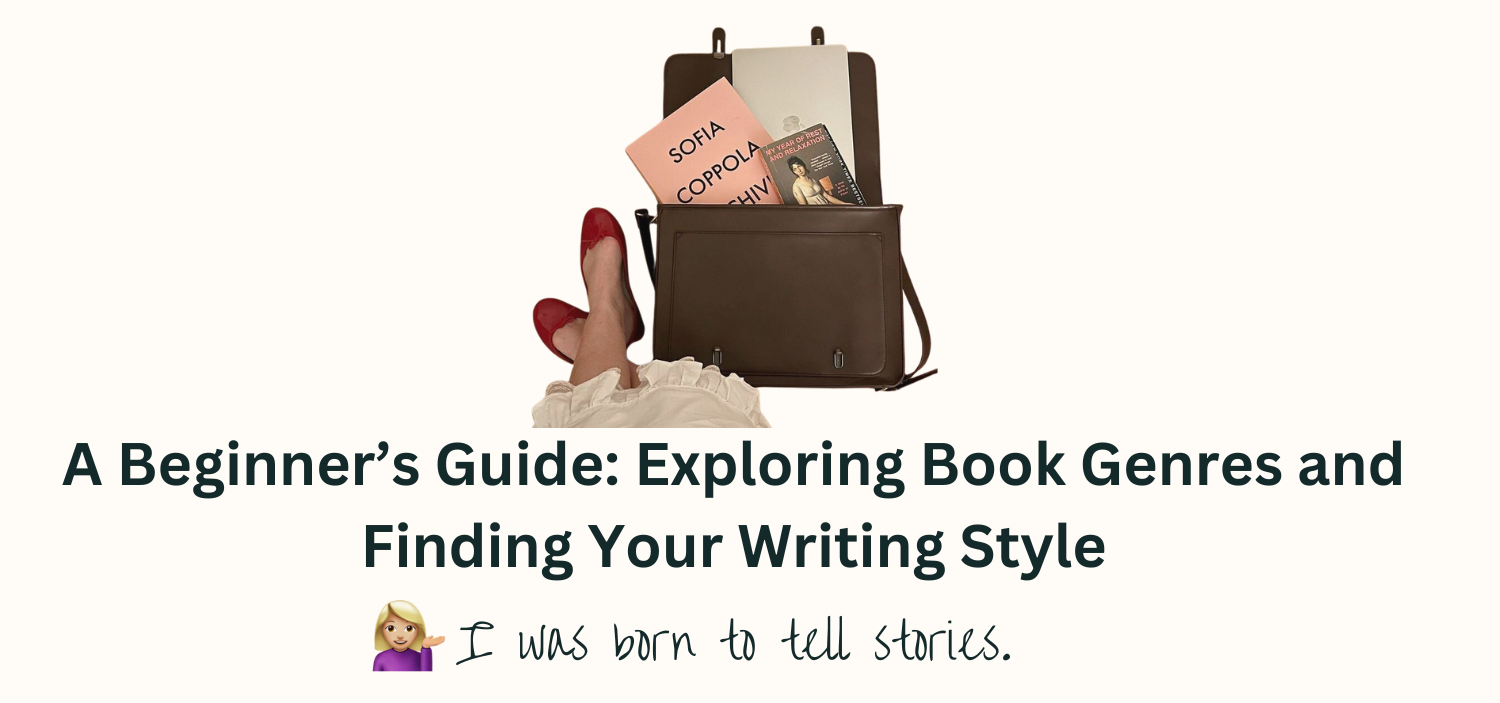So, you’ve got stories bubbling inside you, and you’re ready to share them with the world—but where do you start?🙄 One of the first steps in your writing journey is discovering your genre. Think of it as choosing the perfect home for your story, where it can truly shine.
In this guide, we’ll explore the different book genres out there and help you figure out which one feels like you. Whether your imagination leans toward magical worlds, heart-racing mysteries, or heartfelt romances, this is your chance to uncover the path that fits your creativity best.
What’s Inside This Guide?
- What is a Genre and Why Does It Matter?
- Overview of Main Book Genres
- How to Identify the Genre That Fits You Best
- Why You Should Experiment with Different Genres and How It Helps You Find Your Voice
- Practical Steps to Define Your Genre
- Summary
What is a Genre and Why Does It Matter?
A genre is like a cozy home for your story—it gives it structure, identity, and a way to connect with readers. Whether it’s a thrilling mystery, an epic fantasy, or a heartfelt romance, the genre sets the tone for your writing and shapes how your story unfolds.
But why is it important to choose a genre? The answer is simple: it helps you focus. Writing is a creative journey, but without a clear path, it’s easy to feel lost. By picking a genre, you’re setting boundaries that guide your creativity. These boundaries don’t limit you—they give you clarity and direction.
Choosing a genre also helps you understand yourself as a writer. Are you drawn to unraveling puzzles, building magical worlds, or exploring human emotions? The genre you choose reflects your interests, your strengths, and the stories you’re most passionate about telling.
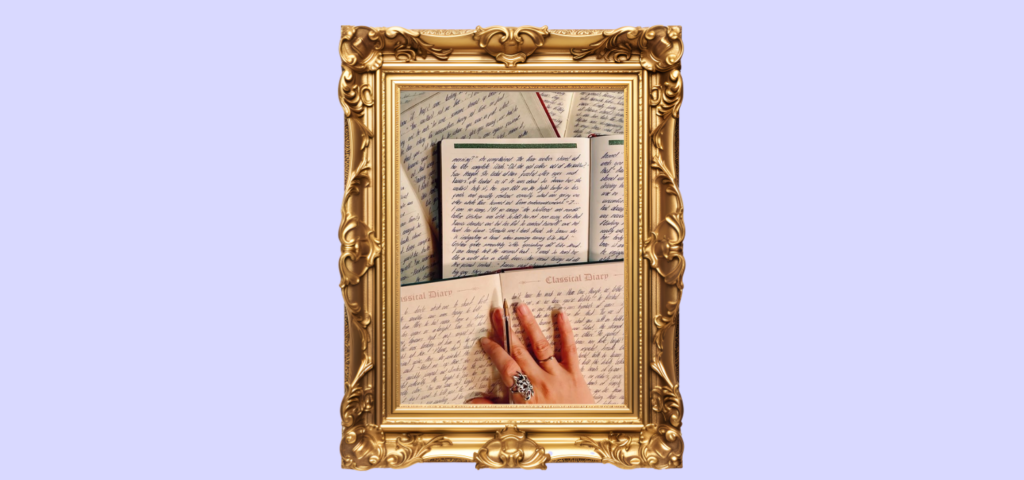
Finally, your genre is how you connect with readers. Each genre has its own audience, expectations, and style. When you understand your genre, you can write stories that resonate deeply with the people who love them.
So, don’t think of choosing a genre as boxing yourself in. Instead, see it as finding the perfect match for your creativity—a place where your stories can truly shine.
Overview of Main Book Genres
Book genres are incredibly diverse, and this is one of the most exciting aspects of writing. Each genre has its own atmosphere, themes, and approaches, helping writers find their unique style.
Here are a few popular genres that can inspire you.
Fantasy is a genre where magic, fantastic creatures, and other incredible elements become part of reality. In fantasy, you can create entirely new worlds that are completely different from our own. Examples include Harry Potter by J.K. Rowling or The Lord of the Rings by J.R.R. Tolkien.

Science fiction often blends science and imagination, exploring the possibilities of the future or alternate realities. Books like Fahrenheit 451 by Ray Bradbury or 2001: A Space Odyssey by Arthur C. Clarke open up new horizons for the reader.
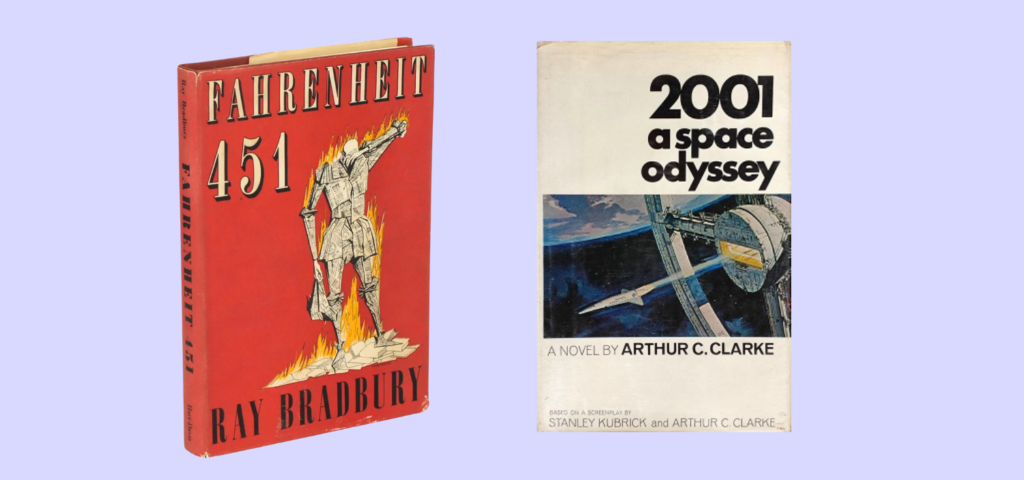
Mystery and horror are genres that play on human fears and unexplained phenomena. Here, reality and the supernatural often intertwine. Classic examples are The Shining by Stephen King or Dracula by Bram Stoker.
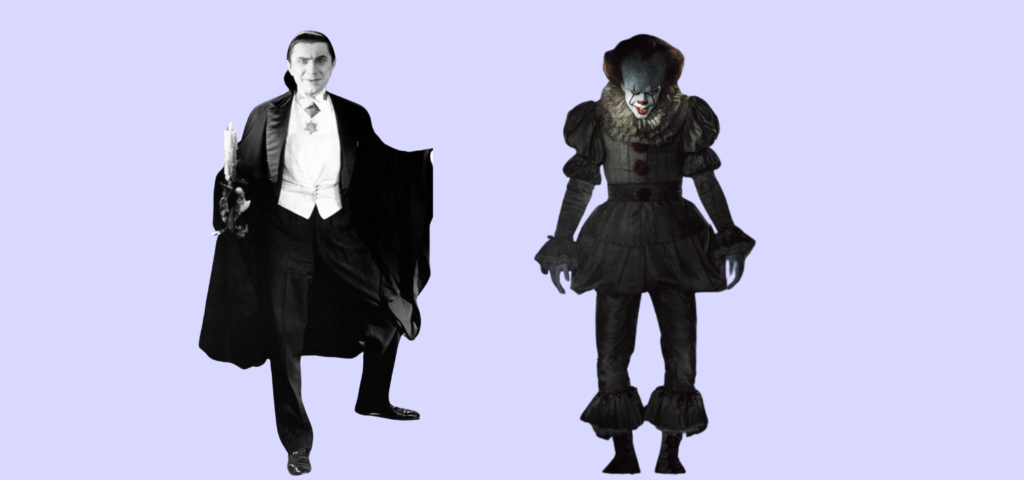
Romance and love stories are genres where relationships between people take center stage. These books often explore complex emotions, relationships, challenges, and the search for happiness. Examples include Pride and Prejudice by Jane Austen or Me Before You by Jojo Moyes.
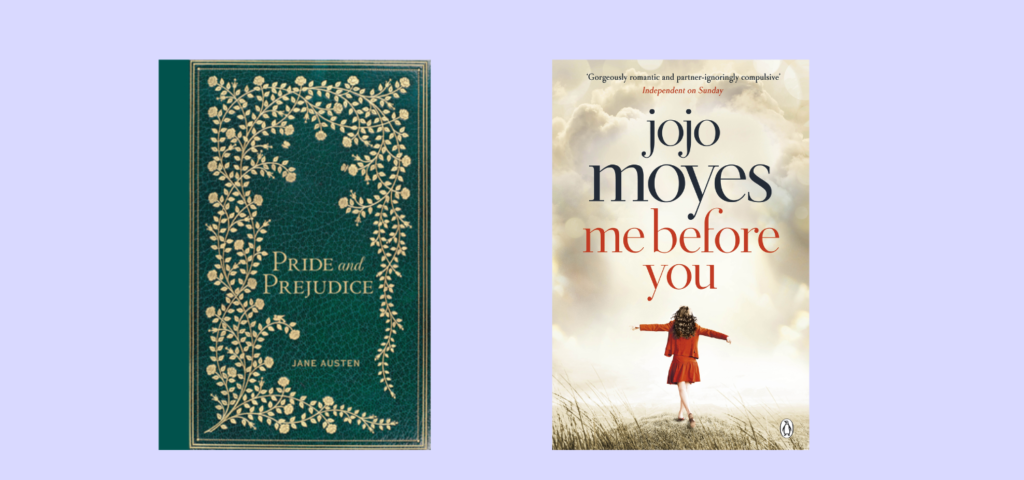
Detective stories and thrillers focus on solving crimes, uncovering mysteries, and maintaining suspense until the very end. Readers are kept on edge, piecing together the clues. Agatha Christie’s Murder on the Orient Express or John Grisham’s works are perfect examples of this genre.
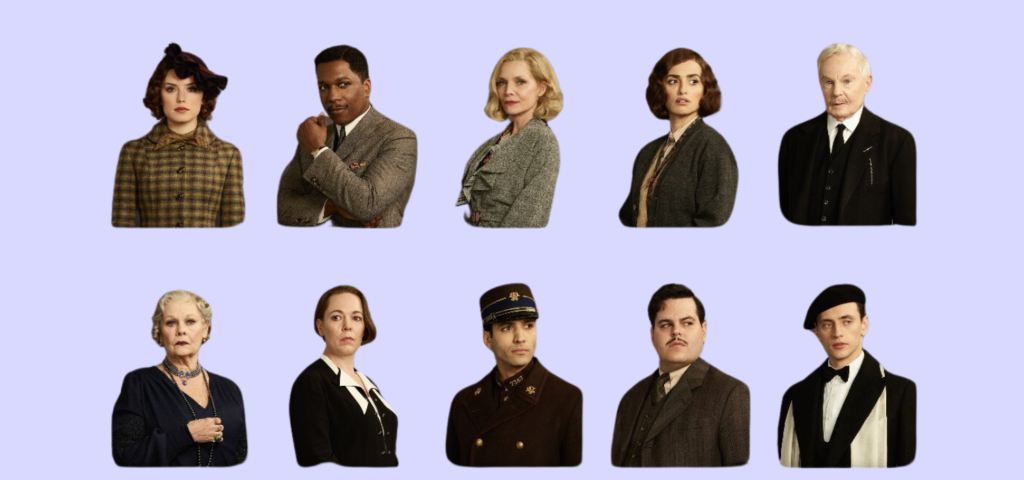
Historical fiction depicts events from the past through the eyes of fictional characters or real historical figures. This genre blends entertainment with learning. An example would be The Pillars of the Earth by Ken Follett.
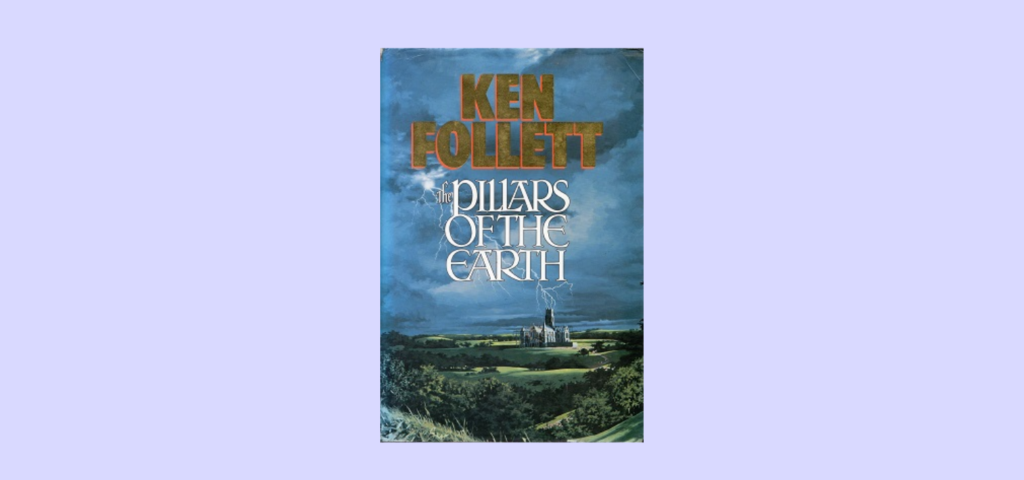
Non-fiction covers a wide range of genres, from biographies to scientific studies, cultural analyses, and memoirs. These books aim to convey facts, experiences, or research, often to inspire or educate. One example is Think and Grow Rich.
Poetry is one of the oldest literary genres, where through the form of verse, authors convey emotions, ideas, and concepts using rhythm, metaphors, and imagery. Poetic works can be lyrical, epic, or even dramatic.
Each genre has its own distinct style and creative possibilities. Your genre choice depends on what inspires you most and where you want to channel your writing talent.
How to Identify the Genre That Fits You Best
Choosing the right genre is a personal journey. It’s about discovering what excites you, what fuels your imagination, and where your writing feels most natural.
Start by evaluating your interests. What do you enjoy reading? 😚 Your favorite books are often a good clue to your ideal genre. If you gravitate towards stories of adventure, magic, and distant lands, fantasy might be your calling. If you love exploring the complexities of human relationships, perhaps romance or literary fiction is where you should begin.
Next, consider your writing style. Are you drawn to detailed world-building, or do you prefer a more straightforward, character-driven narrative? Writers in genres like fantasy and science fiction often engage in deep world-building, while genres like romance or thriller focus more on plot and character development. Your natural writing tendencies can point you toward a genre that aligns with your strengths.
Think about the themes that inspire you. What topics do you feel passionate about exploring? Is there something that excites you—whether it’s solving mysteries, diving into historical events, or expressing profound emotions through poetry? Identifying these passions will help you choose a genre where you can truly invest your energy and creativity.
Don’t be afraid to experiment. Sometimes, the best way to discover your genre is to try different ones. Write short stories or scenes in various styles—fantasy, mystery, historical fiction, or even non-fiction. As you explore, pay attention to which genre feels the most natural, which one excites you the most, and where your writing flows effortlessly.
You are never too old to set another goal or to dream a new dream.
— C.S. Lewis
Lastly, remember that it’s okay to evolve. You might start in one genre and, over time, find yourself drawn to another. Writers often shift genres as their skills develop and their interests change, so give yourself the freedom to grow.
In the end, the genre you choose should be one that allows you to express your creativity fully and connect with readers who share your passion. Let your interests, style, and themes guide you toward the genre where your stories can truly thrive.
Why You Should Experiment with Different Genres and How It Helps You Find Your Voice
Trying different genres is one of the most valuable things you can do as a writer. It opens up new possibilities, helps you refine your style, and ultimately leads you to find your unique voice. Here’s why experimenting is so important.
Firstly, exploring different genres allows you to discover what excites and motivates you. Maybe you’ll start writing fantasy and realize you’re more drawn to the deep emotions of romance, or perhaps the mystery genre will spark your curiosity more than you expected. By experimenting, you learn more about what truly inspires you, which makes it easier to write with passion and authenticity.
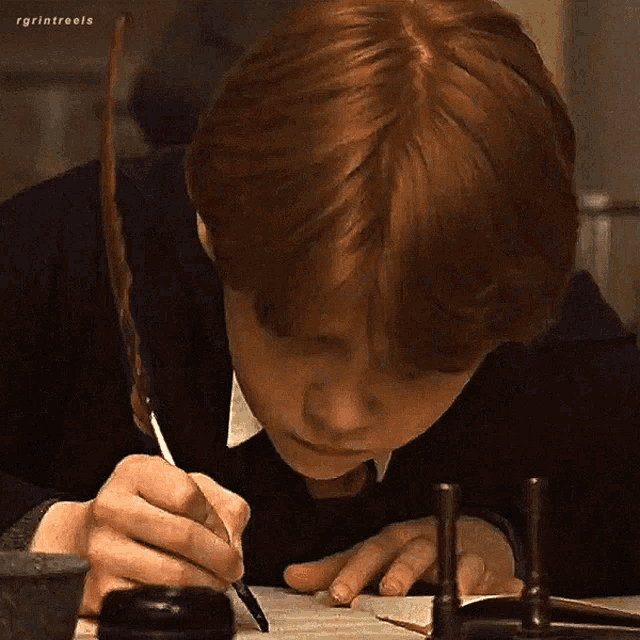
Writing in different genres also helps you grow as a writer. Each genre has its own conventions, structures, and challenges. If you try writing a thriller, you’ll learn how to build suspense and pace a story. In fantasy, you’ll practice world-building and creating immersive settings. Each genre teaches you new skills that can improve your overall writing, even when you return to your preferred genre.
It also helps you develop flexibility as a writer. Some stories work better in certain genres, and experimenting allows you to find the best fit for each idea. By testing different styles, you get a sense of how to adapt your creativity to match the tone, pacing, and audience expectations of a particular genre.
Perhaps most importantly, trying new genres helps you find your authentic voice. Writing in various styles lets you explore different ways of expressing yourself, from vivid descriptions in fantasy to emotional depth in literary fiction. Over time, you’ll recognize the patterns and techniques that resonate most with you. As you refine your voice, you’ll begin to see which genre allows you to communicate your thoughts and stories most naturally.
In conclusion, experimenting with different genres isn’t just about trying to “fit in” somewhere—it’s about exploration, growth, and ultimately finding the place where your writing feels most genuine. So, give yourself permission to try, fail, and learn, because this process is what helps you discover the writer you are meant to be.
It is impossible to live without failing at something, unless you live so cautiously that you might as well not have lived at all—in which case, you fail by default.
— J.K. Rowling
Practical Steps to Define Your Genre
To find the right genre for your stories, it’s essential to take practical steps that combine self-reflection and active experimentation. Here’s how you can do it:
Start by reviewing your reading history. What books do you tend to gravitate towards the most? Think about the specific genres that have kept you engaged—whether it’s mystery, fantasy, romance, or even historical fiction. This isn’t just about the overall genre but the kind of stories that have caught your attention. For example, do you prefer magical realms, or do you feel more drawn to contemporary settings with real-world problems? Identifying these preferences is a crucial first step.
Next, start experimenting with short writing exercises in various genres. Don’t worry about creating an entire novel right away; instead, write short scenes or chapters. For instance, take one story idea—say, a character dealing with a personal loss—and write it in three different genres: as a drama, as a fantasy story where the loss leads to magical consequences, and as a historical piece set in a different time period. This will give you a clearer sense of which genre feels most natural and where the idea thrives best.
Another useful exercise is writing character sketches in different genres. If you love writing detailed characters but aren’t sure which genre suits you best, try placing the same character in different worlds. Imagine your character in a detective story, then in a fantasy world, and then in a romance. This will help you see how flexible your characters can be, and which genre allows their qualities to shine through most effectively.
Pay attention to your writing style. If you tend to write with a lot of descriptive detail, fantasy or historical fiction might feel natural, as these genres often require strong world-building. On the other hand, if your writing is fast-paced, with short sentences and lots of action, genres like thrillers or mysteries could be a good fit. Take note of which aspects of writing come most easily to you—whether it’s describing settings, developing plots, or creating emotional depth—and match these strengths with suitable genres.
Also, consider using writing prompts tailored to different genres. Many websites or books provide genre-specific prompts to inspire your creativity. For instance, if you’re unsure about writing in sci-fi, try a prompt like, “Describe a world where technology has erased all emotions.” Prompts like these help you step outside your usual comfort zone and see how your voice adapts to different styles.
Lastly, trust your instincts.😏 After experimenting with different genres, take a step back and reflect on which ones felt the most exciting and natural to write. Writing should feel fulfilling, and the genre that suits you best will be the one where your words flow easily and you feel genuinely connected to the content.
Summary
Finding your genre is all about exploring what excites you.
Start by thinking about the books you love—what kind of stories do you enjoy most? Then, try writing a few short scenes or ideas in different genres and see which one feels the most natural.
Pay attention to your writing style—do you like creating detailed worlds, or do you focus more on characters and emotions? Try some writing prompts to get you out of your comfort zone, and trust yourself to notice what feels right. The more you experiment, the easier it will be to find the genre where your stories truly come to life.

